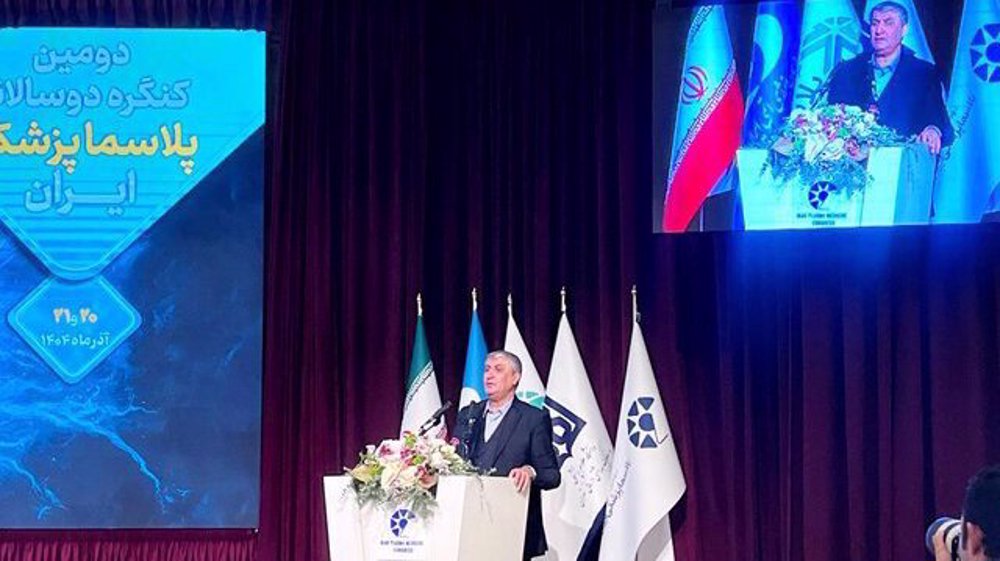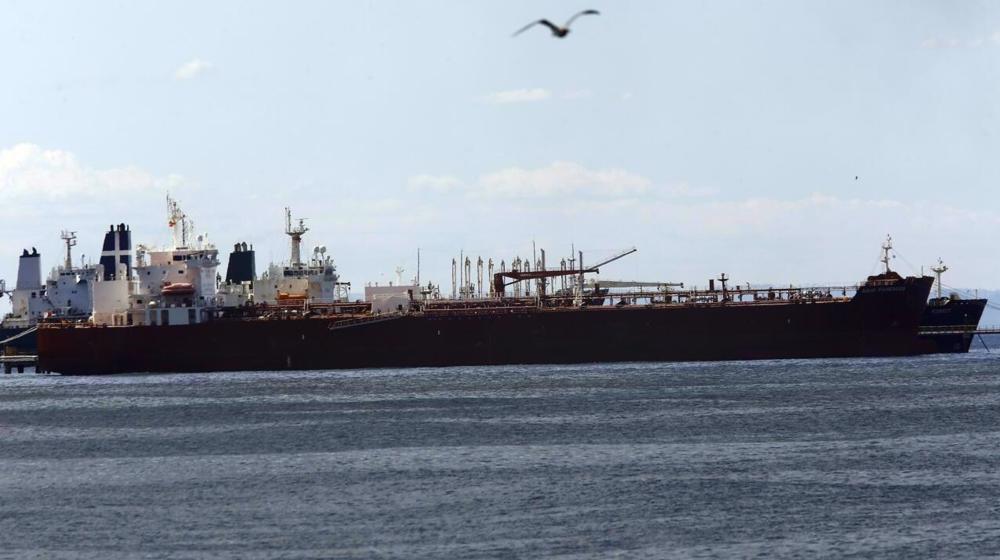Foreign ministers of Iran, Serbia discuss relations, international issues
Iranian Foreign Minister Mohammad Javad Zarif and his Serbian counterpart Ivica Dacic have discussed ways to promote relations in different sectors and leading regional and international developments.
"We intend to expand relations between the two countries in all political, economic, cultural and parliamentary fields," Zarif said in a meeting with the Serbian foreign minister in Belgrade on Monday.
He welcomed a decision passed by the Serbian government in August to lift visa requirements for Iranian nationals and noted that the possible establishment of a direct flight between the two countries would lead to a considerable increase in trade ties.
Zarif added that Tehran and Belgrade can also boost cooperation in the sectors of oil, gas, petrochemistry, mines, communications and agriculture.
The top Iranian diplomat said he carries President Hassan Rouhani's official invitation for his Serbian counterpart Aleksandar Vucic to pay a visit to Tehran.

The Serbian foreign minister, for his part, expressed his country's keenness to strengthen all-out relations with Iran, particularly in trade and economic fields.
Zarif and Dacic also exchanged views about avenues for increasing cooperation in defense, science and technology as well as culture arenas.
Heading a politico-economic delegation, Zarif arrived in Belgrade earlier in the day at the first step of a four-nation tour of East Europe.
During his two-day visit, the top Iranian diplomat plans to hold talks with senior Serbian officials. He is also scheduled to take part in a meeting between the Iranian and Serbian entrepreneurs.
At the end of his stay in Belgrade, Zarif would also travel to Bulgaria, Croatia and Bosnia and Herzegovina.
No limit to ties with Iran: Serbian president
In a meeting with Zarif later on Monday, Serbian President Aleksandar Vucic expressed his country's readiness to strengthen all-out cooperation with Iran, saying there was no limitation in this regard.

The Iranian foreign minister and Serbian president also discussed bilateral cooperation in international organizations and emphasized that conflicts in different parts of the world must be settled through diplomatic approaches.
Baby dies of cold as winter hits displaced Gazans amid Israeli attacks
Nuclear chief: Iran should turn from buyer to creator of technology
Swiss MPs urge revocation of UEFA tax-exemption over Israel ties
'No war on Venezuela' demonstration in US
Pezeshkian hails ‘decisive step’ in ties as Iran, Kazakhstan seal 7 deals
VIDEO | India faces new political clash over patriotic song
VIDEO | Press TV's news headlines
Iran returns to IOC leadership after 21 years as Olympian Soraya Aghaei wins seat










 This makes it easy to access the Press TV website
This makes it easy to access the Press TV website